Social Justice ‘officers’ rise from campus to control us
A multibillion-dollar revolution has hit our institutions and corporations.

There is a problem that begins in our universities, and it comes down to Social Justice, which we capitalise to refer to the dogmatic political ideology that has usurped the respectable universalist goal of social justice. The most immediate aspect of the problem is that Social Justice scholarship gets passed down to students, who then go out into the world. This effect is strongest within Social Justice fields, which teach students to be sceptical of science, reason and evidence; to regard knowledge as tied to identity; to read oppressive power dynamics into every interaction; to politicise every facet of life; and to apply ethical principles unevenly, in accordance with identity. But Social Justice also materialises as a prevailing campus culture. Most universities in the US now have “diversity” requirements: these ideas are taught to everyone, as part of the general curriculum. It is common to underestimate this problem.
We often encounter the assumption that, once they graduate, students will have to learn marketable skills and that this will resolve the problem: once they get into the “real world”, they will have to leave behind these ideological positions in order to find employment. But what if they simply take their beliefs into the professional world and remake that world to suit them? Unfortunately, this is exactly what’s happening. The real world is changing to absorb the skills of such students, and a Social Justice industry already worth billions of dollars is forming, all dedicated to training our companies and institutions to enact and police The Truth according to Social Justice.
A new job entitled (some variation of) “Diversity, Equity, and Inclusion Officer” has emerged. It is designed to change the organisational culture to accord with the ideology of Social Justice. These officers are the architects and enforcers of soft revolutions; inquisitors, seeking incidents of bias and imbalance. These also are not fringe jobs. They are, unsurprisingly, particularly concentrated within higher education, where, according to some reports in the US, diversity officers are rapidly increasing in number, and earn three times as much as the average American and more than the academic faculty. Diversity, equity and inclusion officers are not limited to the academy, however; they also crop up in administration and human resources departments, including in city governments.
According to a major job search website in Britain, equality and diversity jobs are especially common in the Equality and Human Rights Commission, professional associations, the Law Society, schools and universities, the police, large private sector companies, local authorities, trade unions and the civil service. They have become the norm, not the exception, for many institutions and corporations of sufficient size. These officers therefore now wield significant institutional, social, and cultural power. Within the universities, the problem is not confined to specific classes. “Bias response teams” are now thought to exist at more than 200 US colleges, and they serve the entire campus by, as their name suggests, responding to reports of identity-based bias. Although some are quick to point out they do not have the power to directly inflict punishment for or control over speech, and can only provide “education and persuasion”, this is alarming, if not Orwellian, depending on what is considered bias and what education and training are provided to correct it.
This is especially true since they can indirectly lead to sanctioning or firing by submitting bias reports to administrators with recommendations for action. But what constitutes “bias” in these cases? Since the slights students have complained of include support for President Donald Trump, “phallic snow objects” and expressions of antiracism such as “I don’t see colour”, and bias is operationally defined as a “state of mind”, it appears sensitivity detectors might be set rather high.
Although students who have been reported retain the right not to submit themselves for education, it is probable that many will not want to risk the accompanying opprobrium and will simply self-censor any problematic ideas. This is not conducive to the healthy debate and viewpoint diversity essential to knowledge production in universities. It’s also divisive for campus communities and the workplaces graduates will be fit into, which all may become more dysfunctional as a result. There have also been more overt attempts to silence certain views on campus. “No-platforming” policies for particular legal or political groups and certain public figures have become common, though they often fly under the radar. Certain views — academic views shared by professionals — are considered too dangerous or even “violent” to be allowed a platform. Unlike deplatforming drives — in which someone invited to speak has that invitation rescinded — policies that disallow certain views in the first place attract little attention.
In Britain, more than 50 per cent of universities restrict speech, especially certain views of religion and trans identity. This problem is expansive. One consequence is that once taken on, Social Justice scholarship and ethics completely displace reliable and rigorous scholarship into issues of social justice by condemning all other approaches as complicit with systemic bigotry and thus unthinkable — or, in practice, unpublishable and punishable.
While some scholarship on gender, race and sexuality is empirical and rigorous, and could help redress imbalances in society, it is undermined by that which is not. This creates a crisis of confidence around some of the most important topics of our current political moment. Some scholars mischaracterise criticisms of shoddy and unethical scholarship as motivated by a hatred of minority groups or women. This is astonishing. Try to imagine a parallel in other fields. Would it seem reasonable to argue that people who object to unevidenced and unethical scholarship in medicine just hate sick people and don’t care about their suffering? Do people say, “Yes, some bad papers get added to the body of medical knowledge but there are good ones too!”, rather than trying to weed out the bad papers so people don’t receive dangerous or ineffective treatments? No, because we recognise safe and effective medicine is essential to human thriving. But so is rigorous scholarship on social (justice) issues. Scholars within that field should know this better than anyone. In no serious discipline do we so plainly see a drive to be morally right (or righteous) instead of factually and theoretically correct. This drive is, perhaps, the most obvious feature of Social Justice scholarship.
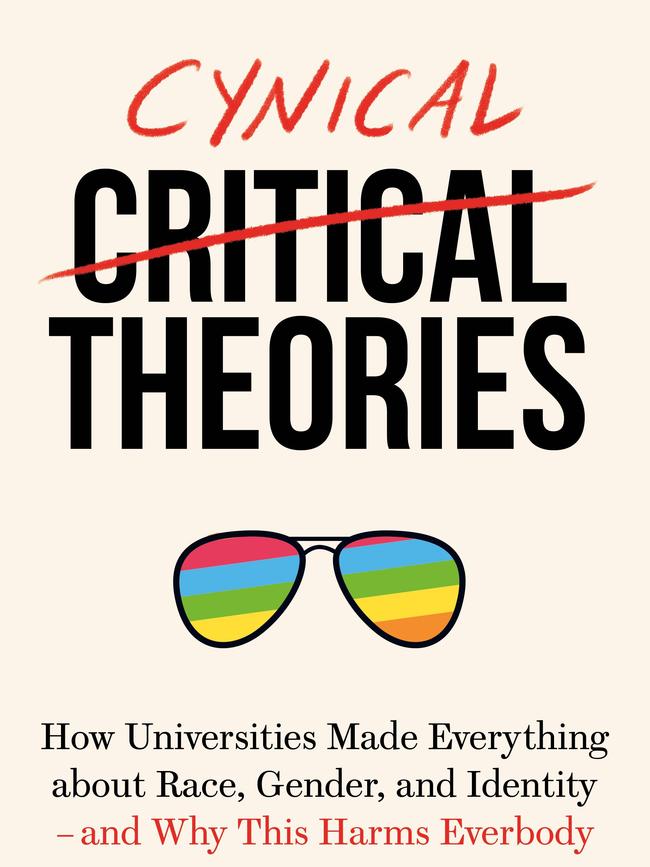
These problems have also affected disciplines other than identity studies, especially in the humanities and arts. Literature, philosophy and history have long accepted and, at times, even required the inclusion of Theory within their courses. Postcolonial Theory and feminist analysis — both materialist and postmodern — are particularly common. Other forms of analysis simply aren’t allowed, at best; treated as intolerably biased, offensive, or violent, at worst. Even science, technology, engineering and math-ematics subjects have been affected. Since 2010, there have been an increasing number of proposals from within engineering, arguing for the use of Social Justice concepts in that profession. One 2015 paper proposes that an engineer should “demonstrate competence in the provision of sociotechnological services that are sensitive to dynamics of difference, power and privilege among people and cultural groups”. Meanwhile, arguments have been made that mathematics is intrinsically sexist and racist because of its focus on objectivity and proof and because of disparate outcomes in mathematics education across racial groups.
One 2018 paper asserts: “Drawing upon Indigenous worldviews to reconceptualise what mathematics is and how it is practised, I argue for a movement against objects, truths and knowledge towards a way of being in the world that is guided by first principles — mathematx. This shift from thinking of mathematics as a noun to mathematx as a verb holds potential for honouring our connections with each other as human and other-than-human persons, for balancing problem solving with joy, and maintaining critical bifocality at the local and global level.” It is unclear how this could improve mathematics, but the political agenda here is obvious — and alarming.
Unlike Vegas, what happens in the university doesn’t stay in the university. Universities are cultural centres, research institutes and halls of education. University culture leaks out into the broader culture almost by osmosis. Many people gravitate to the university’s events, productions and outreach programs, and are thereby influenced by its culture. Universities are among the best and, ideally, the least biased centres of knowledge production — just compare other research centres connected to corporations or politically motivated think tanks. As a society, we turn to universities to help identify which statements, ideas and values we can trust. Universities then transmit both information and intellectual culture to students. In this way, these institutions produce the educational and cultural elite, who will later go into the professions, head industries, establish charities, produce media and shape public policy. Done right, universities are invaluable. Done wrong, they are a means of harmful cultural indoctrination without equal.
This is an edited extract from Cynical Theories by Helen Pluckrose and James Lindsay published by Swift Press. Out Tuesday.

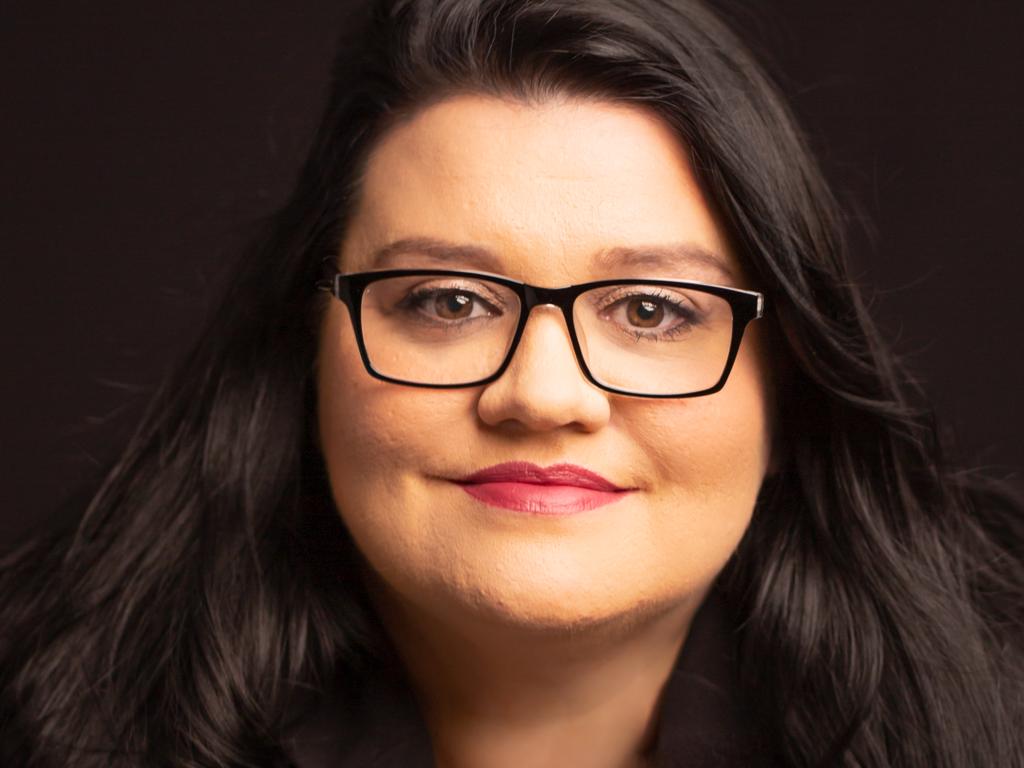
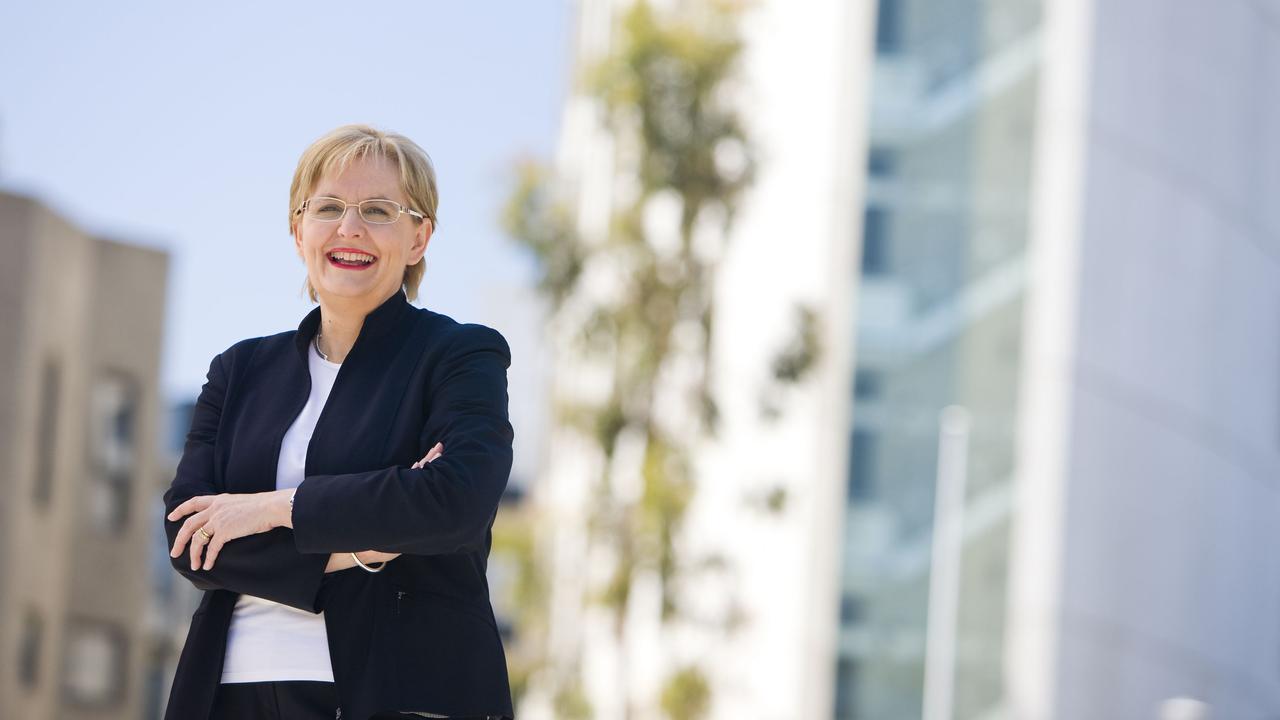
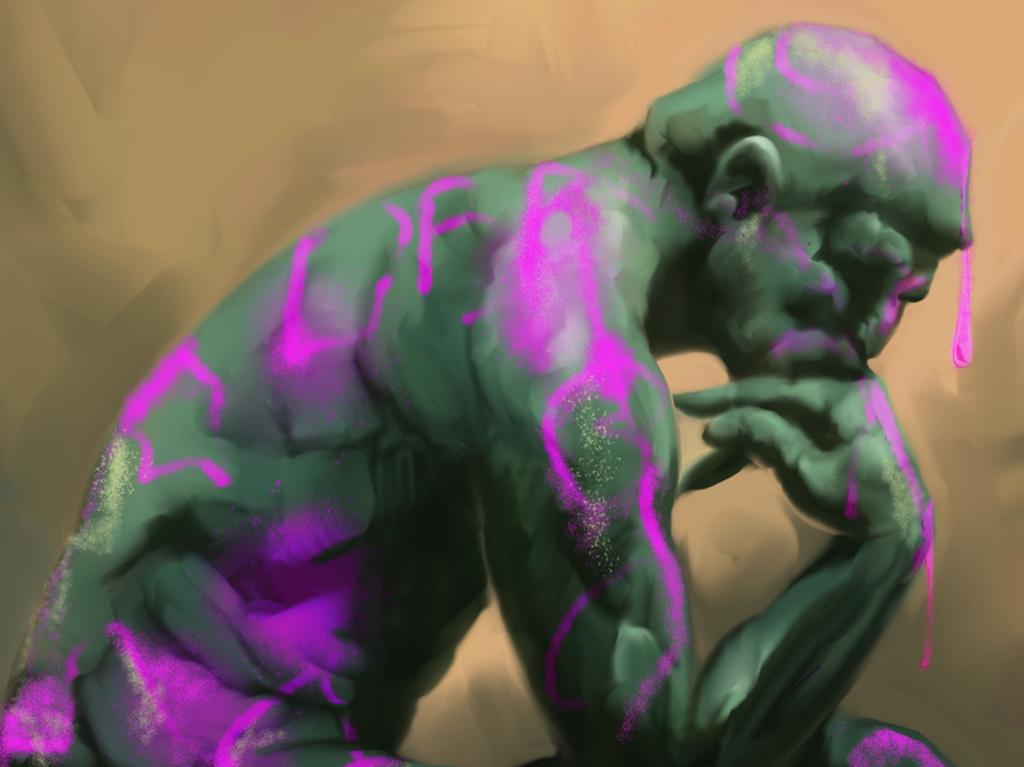

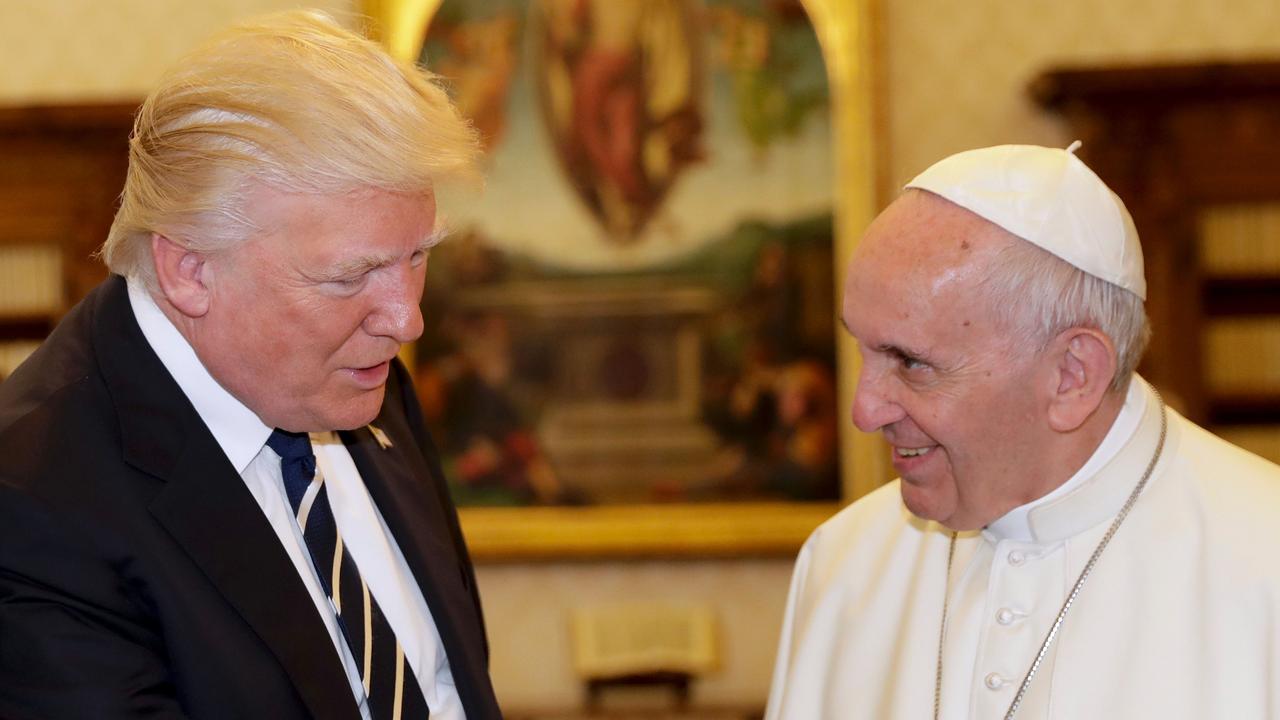
To join the conversation, please log in. Don't have an account? Register
Join the conversation, you are commenting as Logout